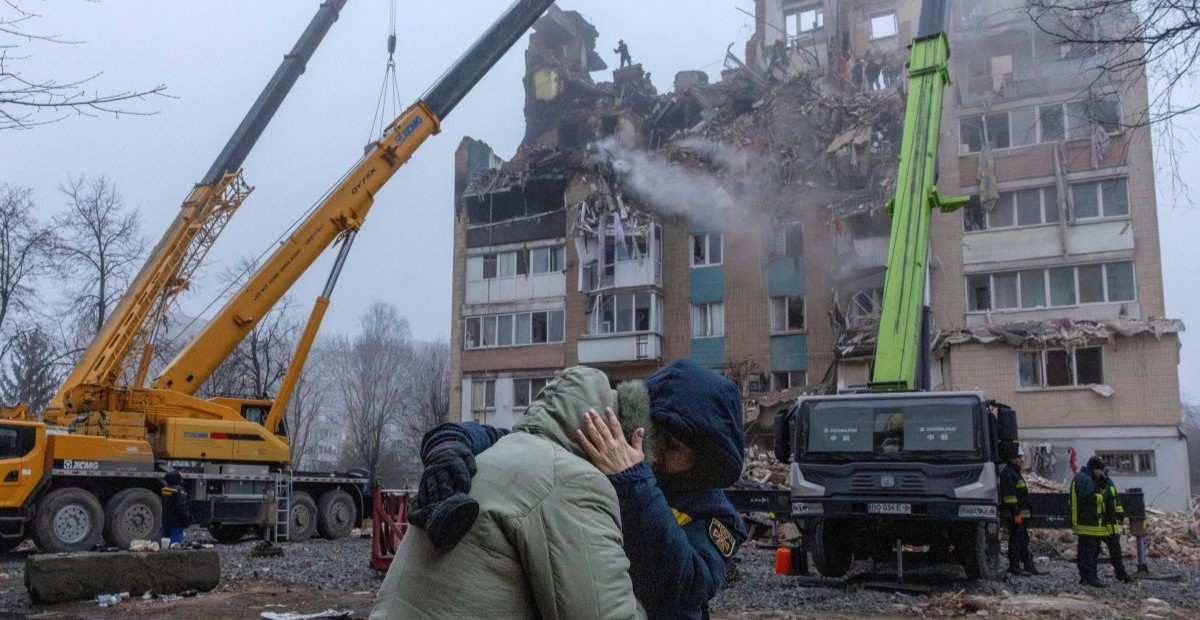10,000: Over the past year, 10,000 Afghan security forces were killed, making it one of the most violent periods for the war-torn nation. About 10 civilians were killed every day on average in the first 9 months of 2017, according to the UN. Fifteen years on from the US intervention there, the country remains wracked by violence and instability, with slim prospects of improvement.
716: The Trump administration plans to request a $716 billion dollar defense budget for 2019, a 13 percent increase from 2017. To put that in perspective, the US will spend more on defense than the next dozen countries combined. In fact, the proposed increase between 2017 and 2019 alone, $82bn, is more than Russia’s entire defense budget.
48: As many as 48 million of Twitter’s active users — nearly 15 percent of the Twitterverse — are automated accounts designed to simulate real people. The company claims that number is far lower, but the point remains: social media has become a decisive platform for commerce and politics — and its increasingly defined by people who aren’t even people.
34: Thirty-four percent of Latin Americans were considered middle classin 2015, the latest year for which data is available, up from 21% in 2003. The heightened expectations of this group — in terms of clean government, economic growth, and public safety — are both a driving and disruptive force in a massive election year for the region.
0: North Korea’s Supreme Leader Kim Jong-Un has met zero world leaders since taking power in 2011. He hasn’t even had a sit-down with his closest ally, Chinese President Xi Jinping. When thermonuclear war is on the agenda, a little face time could go a long way.
